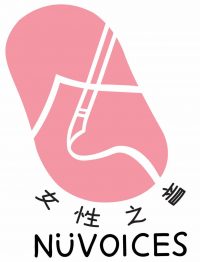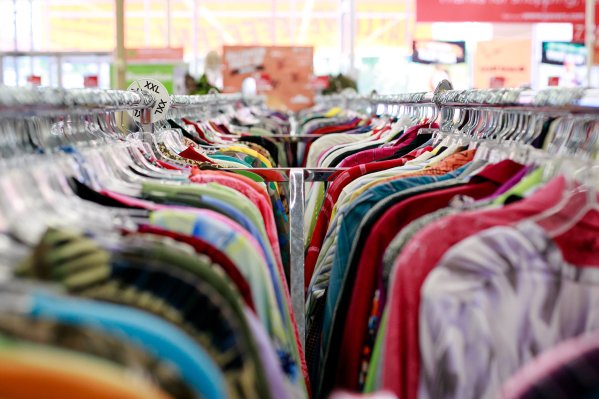BY GRACE OUYANG
Nonnative is a new series of personal essays on the Asian American experience with a focus on Chinese culture by Grace Ouyang, a writer based in Brooklyn.
Follow the newsletter here to get each new essay in your inbox: https://nonnative.substack.com/
In Chinese culture, wearing second-hand clothes is taboo. I remember once running to my room to hide the thrifted sweater I had just purchased to avoid getting scolded by my mom. I still love that 100% lambswool sweater except for the fact it smells like mothballs and old perfume in someone else’s closet even after a few washes. In the smell, I can already hear her disapproving comments on my fashion choices (What’s wrong with buying new clothes? It’s not much more expensive and I wouldn’t touch someone else’s used clothes even if they were free).
My family owns a laundromat in Queens. They once hosted a garage sale for clothing people left behind or never came to pick up. Each piece on the clothing rack outside the front entrance was sold for ten dollars. I remember my dad told us how surprised he was that everything sold out quickly. He was bewildered at Americans actually paying money for secondhand clothes. He even admitted to being tempted by a high-quality leather jacket but decided against it in the end. Taking it home would be way too out of his comfort zone.
I wore hand-me-downs from relatives and family friends when I was smaller. Somehow, it’s fine to wear clothes from family and people you know but not from strangers. My mom has an overabundance of clothes and enjoys giving old pieces to her sisters. My current clothing cleanse comes from seeing how much necessary clothing she piles up and from Marie Kondo’s influence. Still, my mom is appalled to find out I am shopping at thrift stores. My parents aren’t persuaded by the appeal of environmentally friendly living and blending in with white hipsters.
There are a few theories on why wearing secondhand clothes is considered inauspicious in Chinese culture. The obvious one is a matter of “losing face”, or humiliation, in not being able to afford brand new clothing. It could also concern over hygiene. I suspect a major cause of aversion to secondhand clothes is a deep-seated fear of wearing a dead person’s clothes. A person’s aura becomes attached to their possessions and stays even after the person dies. Ghosts are often drawn to their possessions again*. That could explain why most clothing and possessions are burned during funerals in Chinese culture. If you’re asking me, the ghosts are sounding a bit materialistic. If I had to be a ghost, I would rather choose to do fun things like haunting the MTA along the entire 7 train line instead of finding the next owner of my yoga pants.
The joy of shopping at a thrift store is the adrenaline rush of “getting lucky” in finding something you like that fits. If it’s true L Train Vintage sources their clothing from nursing homes as Instagrammers claim, then thrift stores must be filled with ghosts that feel attached to their belongings. Perhaps the ghosts are just untold stories. We fear the clothing piece’s unknown history, a gap left to be filled by only our imaginations.
About the author
Grace Ouyang is a writer from Brooklyn, New York. She is a graduate of New York City public schools including Macaulay Honors College at CUNY. She wants to become familiar enough with dog breeds to instantly recognize them on the street and is still working on a plan to initiate a socializing MTA subway car.


